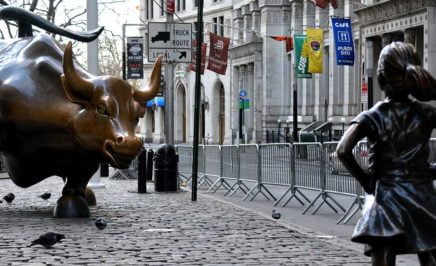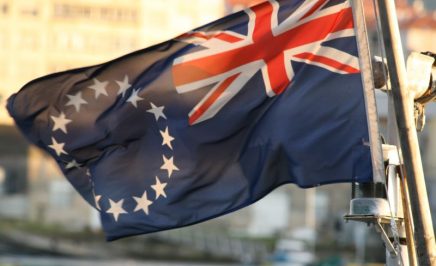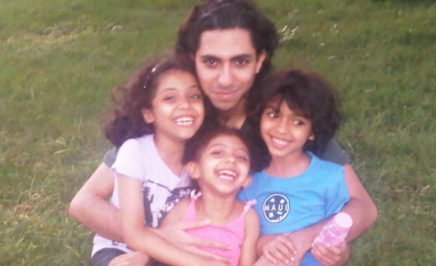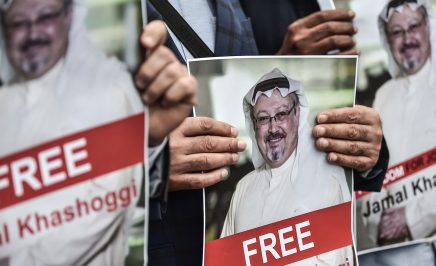Responding to an official announcement and a promotional video published by Saudi Arabia’s state security agency which categorises feminism, homosexuality and atheism as ‘extremist ideas’, Heba Morayef, Amnesty International’s Middle East and North Africa Director, said:
“The Saudi state security agency’s announcement which labels feminism, atheism and homosexuality as extremist ideas punishable by jail and flogging is outrageous – clearly contradicting the Kingdom’s bogus reformist image which Crown Prince Mohammed bin Salman continues to flaunt internationally.
“Feminism, atheism and homosexuality are not criminal acts. This announcement is extremely dangerous and has serious implications for the rights to freedom of expression and life, liberty and security in the country. It peels away the veneer of progress under Mohammed bin Salman and reveals the Kingdom’s true intolerant face which criminalises people’s identities, as well as progressive and reformist thoughts and ideas at home.
“International silence in the face of the imprisonment of dozens of peaceful Saudi dissidents for their expression is also alarming. Key allies such as the US, UK and EU must pressure the Kingdom and highlight the urgent need to protect freedom of expression in the country starting with the release of imprisoned human rights defenders and anyone detained for their peaceful expression”
Background:
Atheism is illegal and is punishable by death in Saudi Arabia. While punishments for same sex relations are not codified under the law in Saudi Arabia, they are strictly prohibited under Shari’a (Islamic law) which Saudi Arabia draws from for it’s legal framework.
Recent reforms of the male guardianship system and other laws which discriminated against women – such as the lifting of a ban on female drivers – are a testament to the tireless work of feminists and long-standing activist voices who are now locked up or who continue to be prosecuted in the country.
Since May 2018, 13 women activists, including Loujain al-Hathloul, Samar Badawi and Naseema al-Sada who remain in detention, have been on trial for their human rights activism and their work to promote women’s rights. Fourteen other writers, activists and family members of women’s rights activists remain in detention without trial since April 2019. Many of them are supporters of the women’s rights movement.









